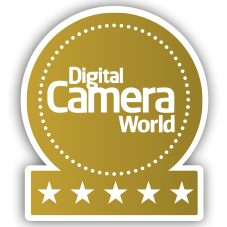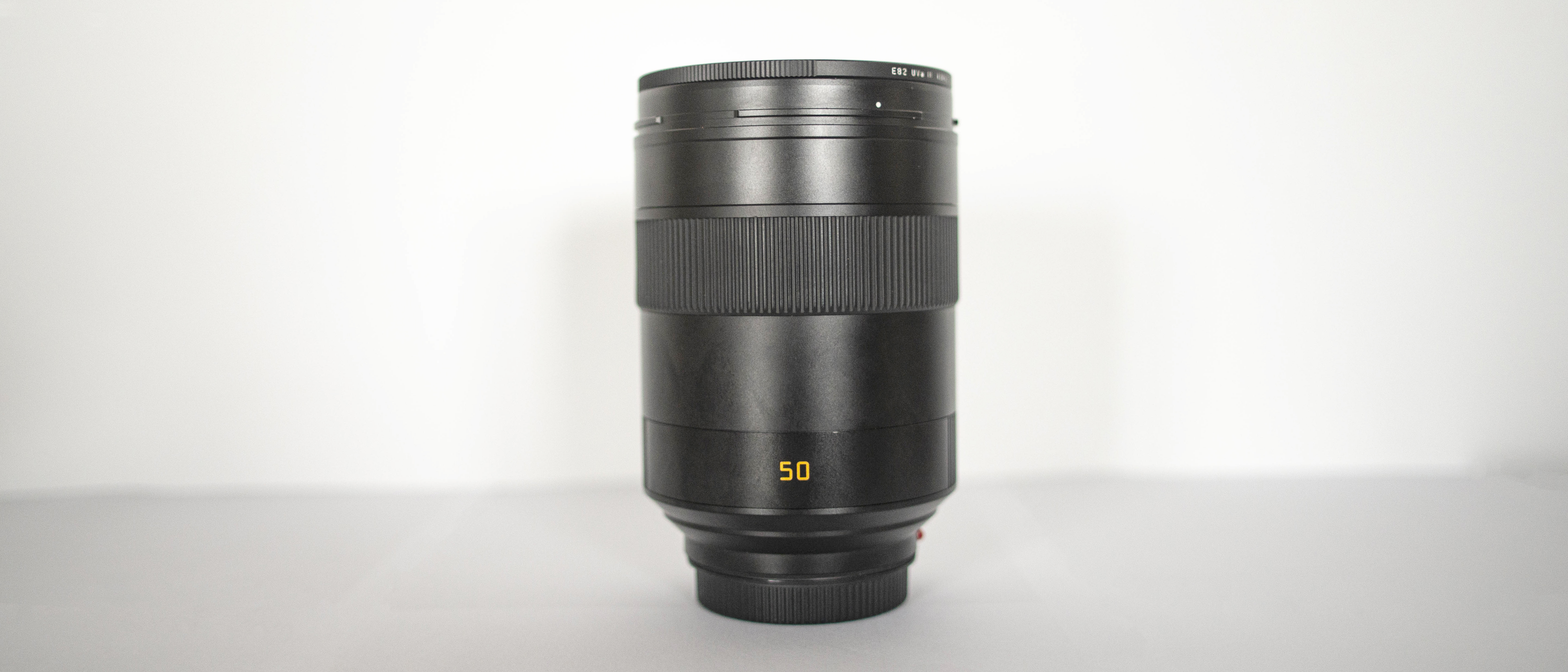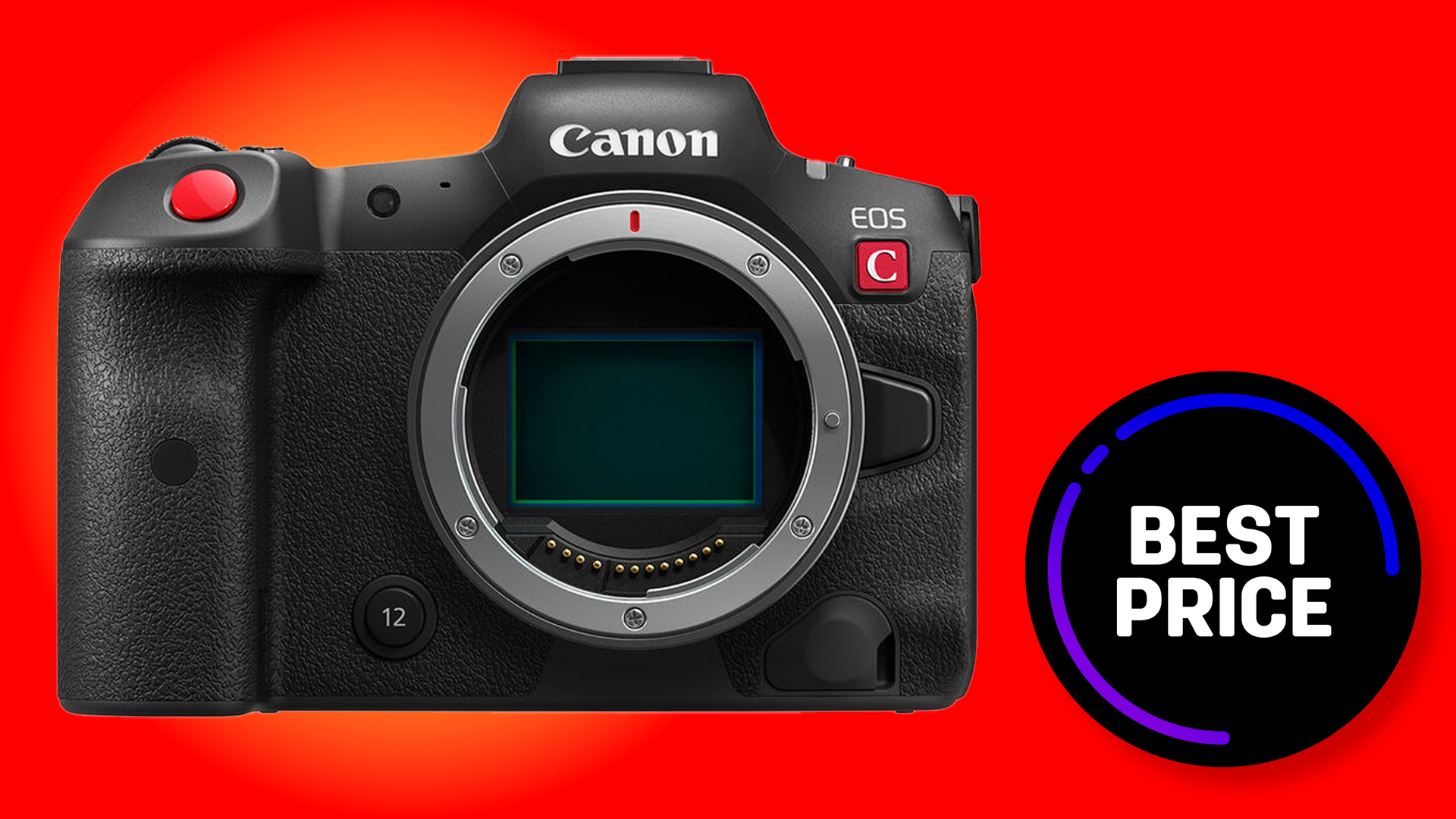Digital Camera World Verdict
We’ve grown completely accustomed to extravagant price tags on Leica cameras and lenses down the decades but northwards of £5,000/$6,500 for a 50mm f/1.4 lens might frankly seem a bit bonkers. For the most part, however, you get what you pay for. It’s perhaps the sharpest lens that has ever passed through our lab and the image quality is simply stunning in every way. However, autofocus is a bit slow, manual focusing is a bit fiddly and there’s simply no getting away from that price tag.
Pros
- +
Spectacular image quality
- +
Rock-solid build quality
- +
Reliable autofocus
Cons
- -
Big and heavy
- -
Autofocus is quite pedestrian
- -
Outrageously expensive for a 50mm f/1.4
Why you can trust Digital Camera World
The Leica Summilux-SL 50mm f/1.4 ASPH aims to set a new benchmark in sharpness. It uses a lot of glass in this pursuit, and is uncommonly big and heavy for a 50mm f/1.4 lens. Indeed, it measures a sizeable 88x124mm and tips the scales at over a kilogram. It’s even heftier in terms of purchase price, so this lens isn’t for the feint-hearted nor the slim of wallet.
Specifications
Mount: Leica L
Full frame: Yes
Autofocus: Yes
Stabilization: No
Lens construction: 11 elements in 9 groups
Angle of view: 47.9 degrees
Diaphragm blades: 9
Minimum aperture: f/22
Minimum focusing distance: 0.6m
Maximum magnification ratio: 0.1x
Filter size: 82mm
Dimensions: 88x124mm
Weight: 1,065g
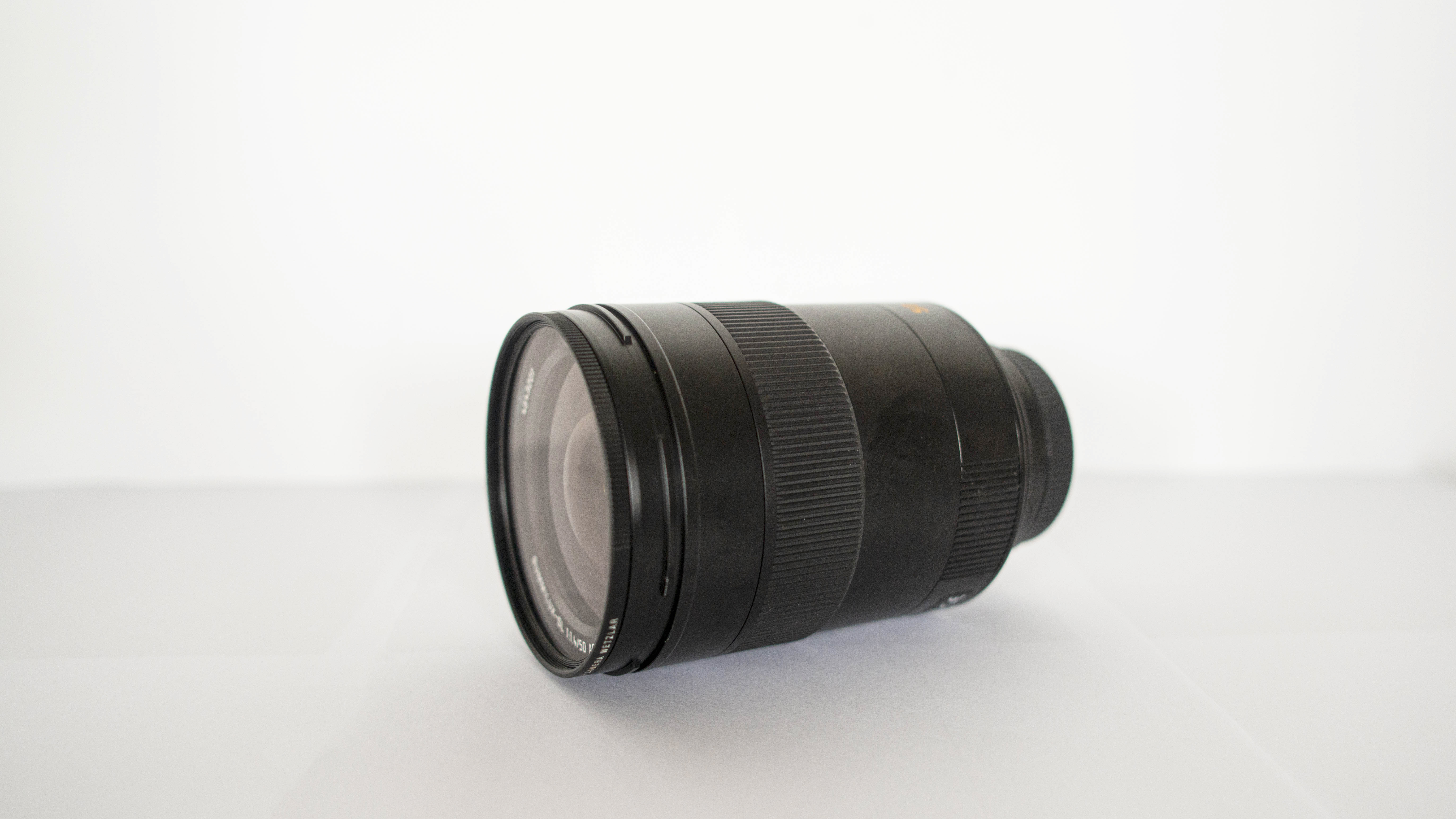
Key features
The optical path is comprised of 11 elements in 9 groups, including two aspherical elements and four that feature anomalous partial dispersion, to minimize chromatic aberrations. They’re chunky element too. How many 50mm f/1.4 lenses can you think of with an 82mm filter attachment thread? Multi-layer coatings are on hand to suppress ghosting and flare.
Focusing is fully internal so the lens doesn’t physically extend at any focus setting, and the front element doesn’t rotate. Some of the smaller-diameter lenses towards the rear of the lens are moved during focusing but, even so, autofocus is pretty pedestrian for a 50mm f/1.4 lens.
The manual focus ring is electronically coupled to the autofocus system, which is quite usual these days. It’s responsive and reacts the speed with which you twist the ring but doesn’t feel entirely natural and lacks any real tactile feedback.
As you’d expect in a lens at this price, it features extensive weather-seals so you can keep shooting in inclement conditions. Build quality feels absolutely rock-solid throughout, from the mounting plate to the hood and everything in between.
Performance
The autofocus system may not be overly fast but it proved consistently accurate throughout our entire period of testing. True to its ambitions, the lens’s sharpness is absolutely scintillating even wide-open at f/1.4, completely astounding at medium apertures and still extremely good at the narrowest aperture of f/22.
Levels of color fringing are pretty much non-existent and distortion is entirely minimal. Color rendition is gorgeous, resistance to ghosting and flare is excellent and bokeh is smooth and dreamy. What’s not to love?
Lab results
We run a range of lab tests under controlled conditions, using the Imatest Master testing suite. Photos of test charts are taken across the range of apertures and zooms (where available), then analyzed for sharpness, distortion and chromatic aberrations.
We use Imatest SFR (spatial frequency response) charts and analysis software to plot lens resolution at the center of the image frame, corners and mid-point distances, across the range of aperture settings and, with zoom lenses, at four different focal lengths. The tests also measure distortion and color fringing (chromatic aberration).
Sharpness:
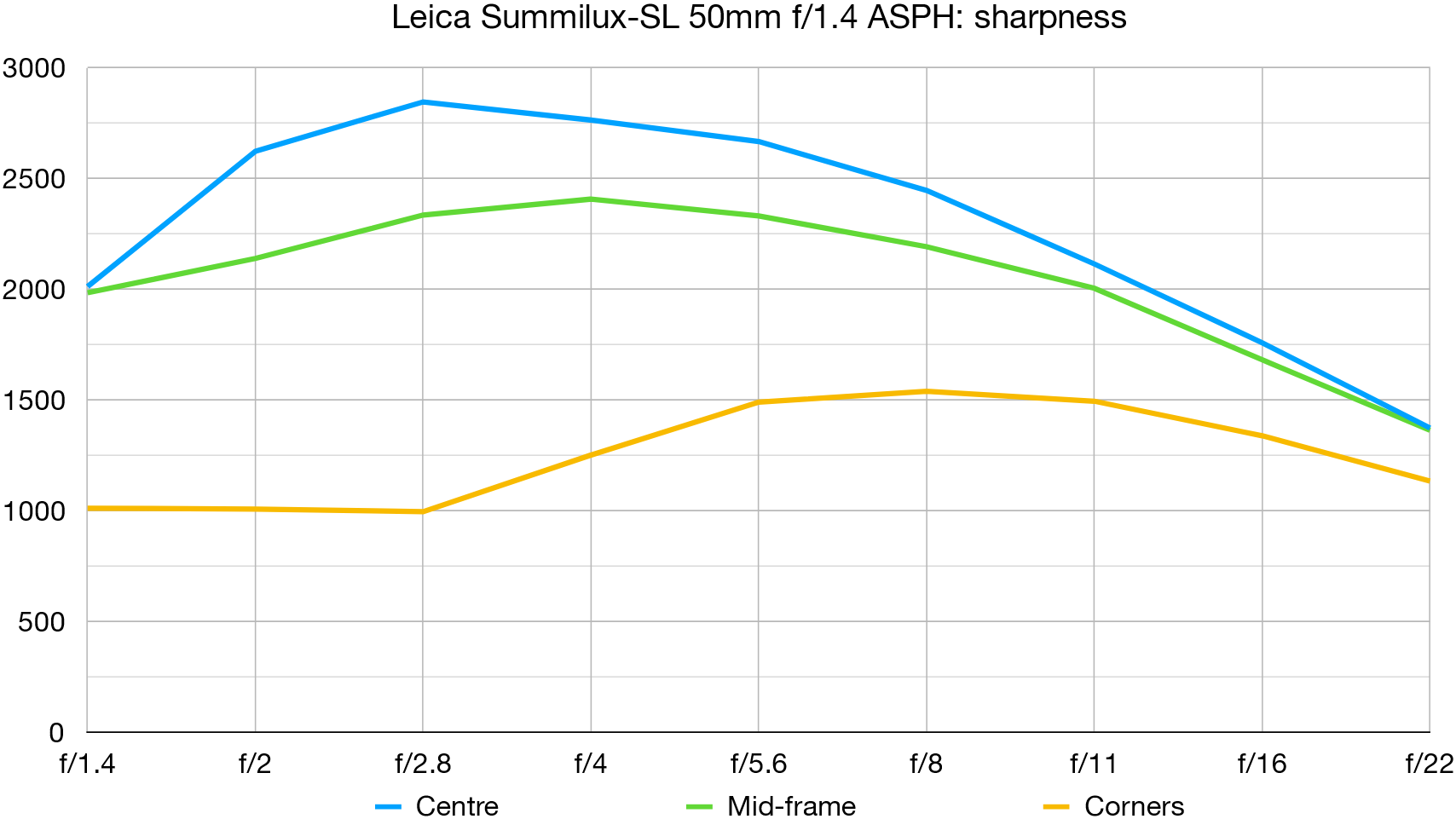
There’s a slight drop-off in the incredible levels of sharpness wide-open at f/1.4 but you’d be hard-pressed to find a sharper lens at this aperture setting. From f/2 all the way through to f/11, sharpness is simply incredible and it remains extremely good at f/16 to f/22.
Fringing:
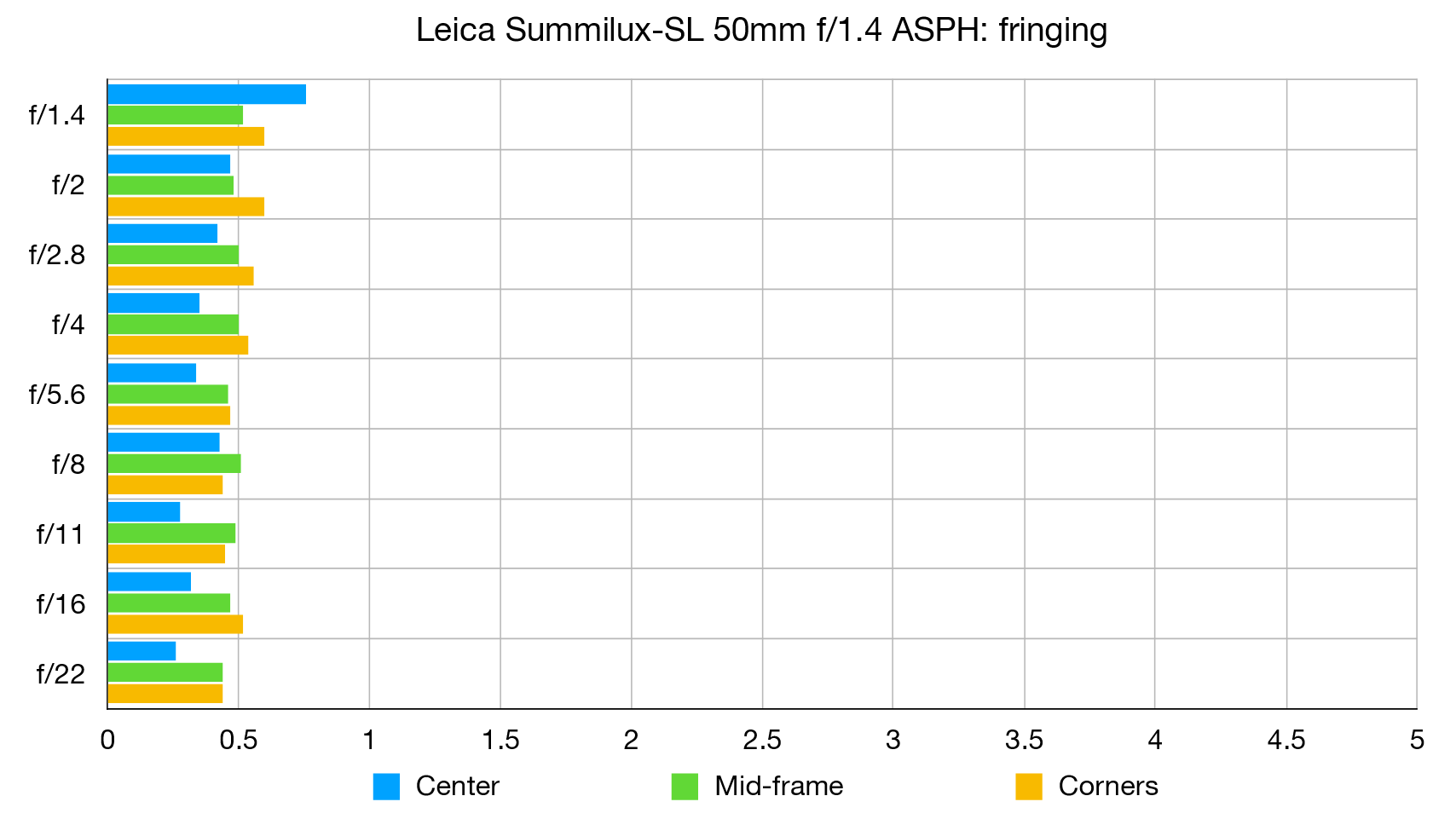
Both axial and lateral chromatic aberrations are entirely negligible and virtually impossible to spot in real-world shooting conditions.
Distortion: -0.56
There’s a mere hint of barrel distortion but it’s both of a very low order and very uniform in nature, and therefore easy to correct in the unlikely event it becomes a problem.
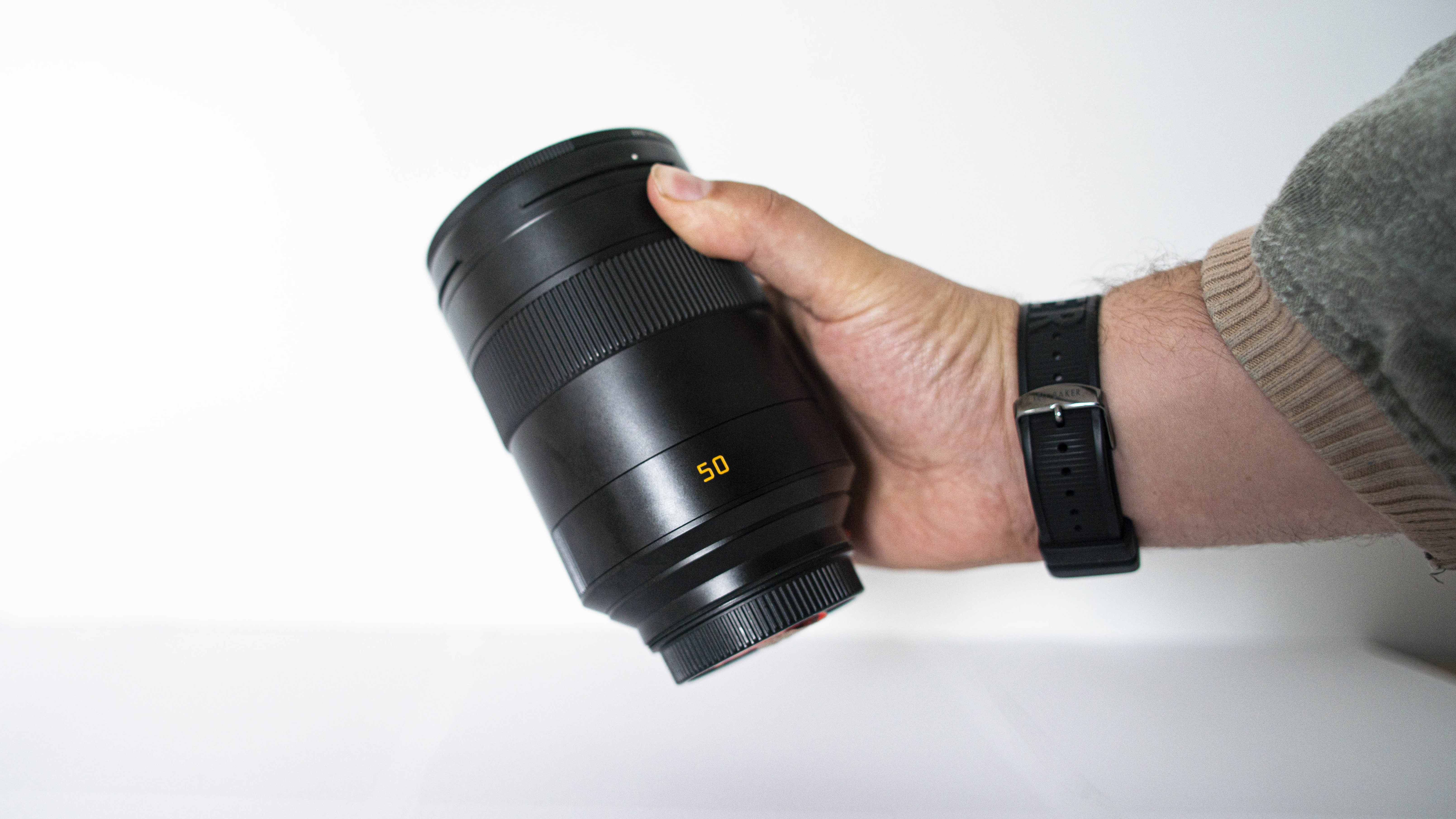
Verdict
We’ve grown completely accustomed to extravagant price tags on Leica cameras and lenses down the decades but northwards of £5,000/$6,500 for a 50mm f/1.4 lens might frankly seem a bit bonkers. For the most part, however, you get what you pay for. It’s perhaps the sharpest lens that has ever passed through our lab and the image quality is simply stunning in every way. However, autofocus is a bit slow, manual focusing is a bit fiddly and there’s simply no getting away from that price tag.
Read more:
• Best camera lenses to get
• Best Canon lenses
• Best Nikon lenses
• Best Sony lenses
Matthew Richards is a photographer and journalist who has spent years using and reviewing all manner of photo gear. He is Digital Camera World's principal lens reviewer – and has tested more primes and zooms than most people have had hot dinners!
His expertise with equipment doesn’t end there, though. He is also an encyclopedia when it comes to all manner of cameras, camera holsters and bags, flashguns, tripods and heads, printers, papers and inks, and just about anything imaging-related.
In an earlier life he was a broadcast engineer at the BBC, as well as a former editor of PC Guide.
